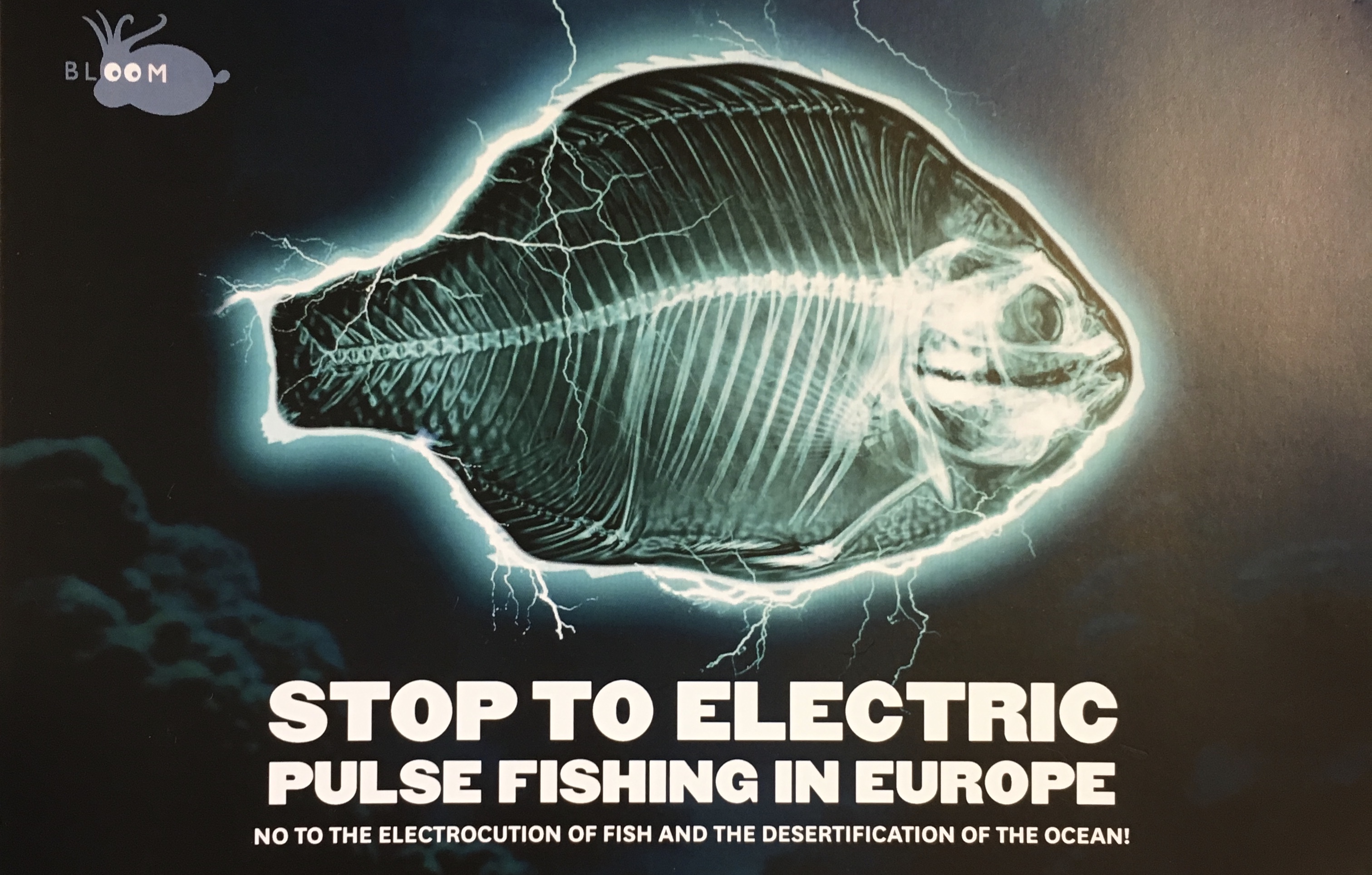Angling, for many years, has been the leading participant sport in the UK. In its various forms around 2.9 million people go fishing in the UK (1) - some occasionally, some obsessively but all spending money in the process on licences, equipment, gadgets, hotels, boat hire, food and drink. Angling is a quiet, but not insignificant, driver of local economies around the UK with a value estimated by The Environment Agency at £3 billion annually (2).
By comparison the UK’s commercial fisheries landed £936 million worth of fish in 2016 (3) - less than a third of the economic value of the recreational sector. If you allow for the proportion of anglers who fish the seas (about 1 million) the contribution to the economy of the two strands of fishing are roughly equal.
Yet because commercial fishing, whatever its economic worth, is part of food production it gets the lion’s share of attention from governments and the European Union. That’s a balance that badly needs to be re-set if only for one very good reason. Research shows a high level of both awareness of conservation and environmental issues and further potential for involvement in environmental protection among anglers; meanwhile the historic evidence of over fishing, ecological and environmental damage caused by the fishing industry is indisputable. It is an ongoing battle that goes to the heart of sustainability policy. A key vote in the European Parliament in January demonstrates a possible turning of the tide.
The problem of pulse fishing
‘Pulse fishing’ is described by its commercial backers as an ‘innovative and environmentally friendly’ technology that avoids damage to the sea bed, minimises ‘by catch’ and avoids incidental harm to marine life. The technique involves sending an electric current through the water enabling the trawler to sweep up the fish more easily. Those opposed to the method claim that ‘pulse trawling’ results in over fishing and the creation of marine deserts. What is indisputable is the threat it represents to sustainable artisanal fishers, of who those in Queenborough, Whitstable and Thanet were involved in lobbying for a ban. Each side presents their science, of course, but instinct, the balance or evidence and past form weighs against the claims of the fishing industry; more accurately in this case against the view of a small vested interest based in the Netherlands. For good measure take a look at the places where the practice is already banned; including the USA, China and Australia.
The European Parliament voted for the first time to support a complete ban on pulse trawling in European waters. Pulse trawling’s backers had hoped the practice might be licensed beyond its current areas in the North Sea. Having won the backing of the European Commission the commercial interests might have expected to do rather better.
John Howarth MEP said: "The vote to back a ban on pulse trawling is a landmark decision and marks a shift in Parliament's thinking. I'm very pleased. When I and several MEP colleagues started to push for a complete ban I thought it unlikely to succeed but awareness of the problem of over exploitation is certainly growing. There is a long way to go, but it is a step in the right direction."
So what happens next? Despite the vote in Parliament it is unlikely a total ban will come into place soon. The view of Parliament on this along with a host of other technical fisheries issues will be taken into negotiations with the European Commission and the Council (the member states). From this process a compromise recommendation of some sort will emerge, most likely restricting pulse trawling to its current experimental basis. However, the direction of travel has been set by the Parliament’s vote - there is an increasing willingness among European politicians to address damaging commercial practices that seek ever more creative ways to exploit ever dwindling fish stocks.
Resetting the terms of debate on fisheries
Like the decision of the Fisheries Council on Sea Bass these are small victories, though angling voices and the conservation interests they reflect are becoming more evident and influential in Brussels. UK organisations have been key to this and will need to remain engaged even if Britain leavels the EU. This will be essential to re-setting the balance on fisheries issues and will remain important because those unpatriotic fish simply refuse to recognise national boundaries.
Unfashionable factual stuff
(1) The National Angling Survey 2012 - Substance for The Environment Agency and The Angling Trust
(2) Our Nation’s Fisheries - The Environment Agency, 2004
(3) UK Fisheries Statistics 2016 - The Marine Management Organisation for UK Government
See also:
UK Sea Fisheries Annual Statistics Report 2015 - The Marine Management Organisation for UK Government
UK Sea Fisheries Annual Statistics Report 2016 - The Marine Management Organisation for UK Government



